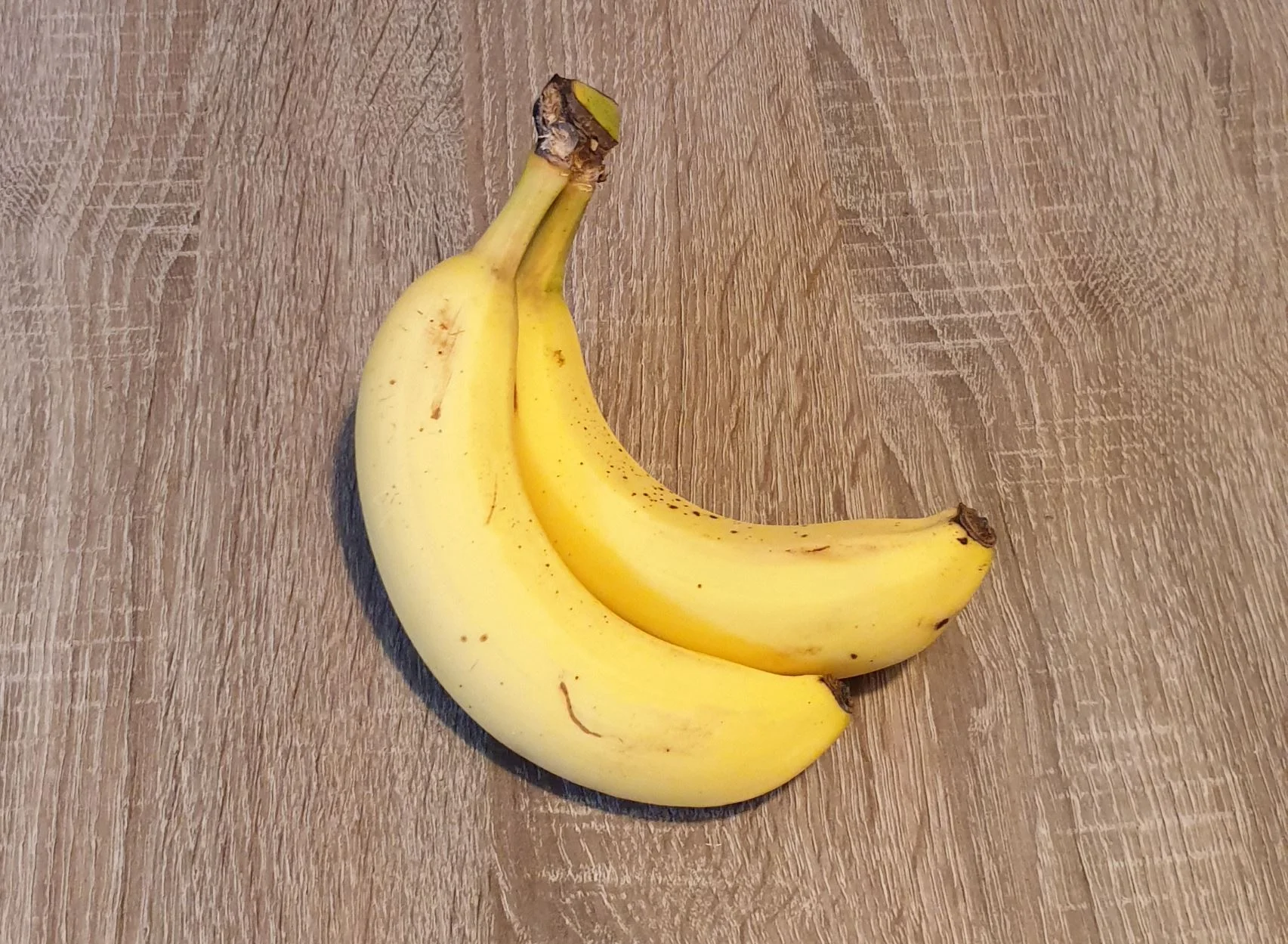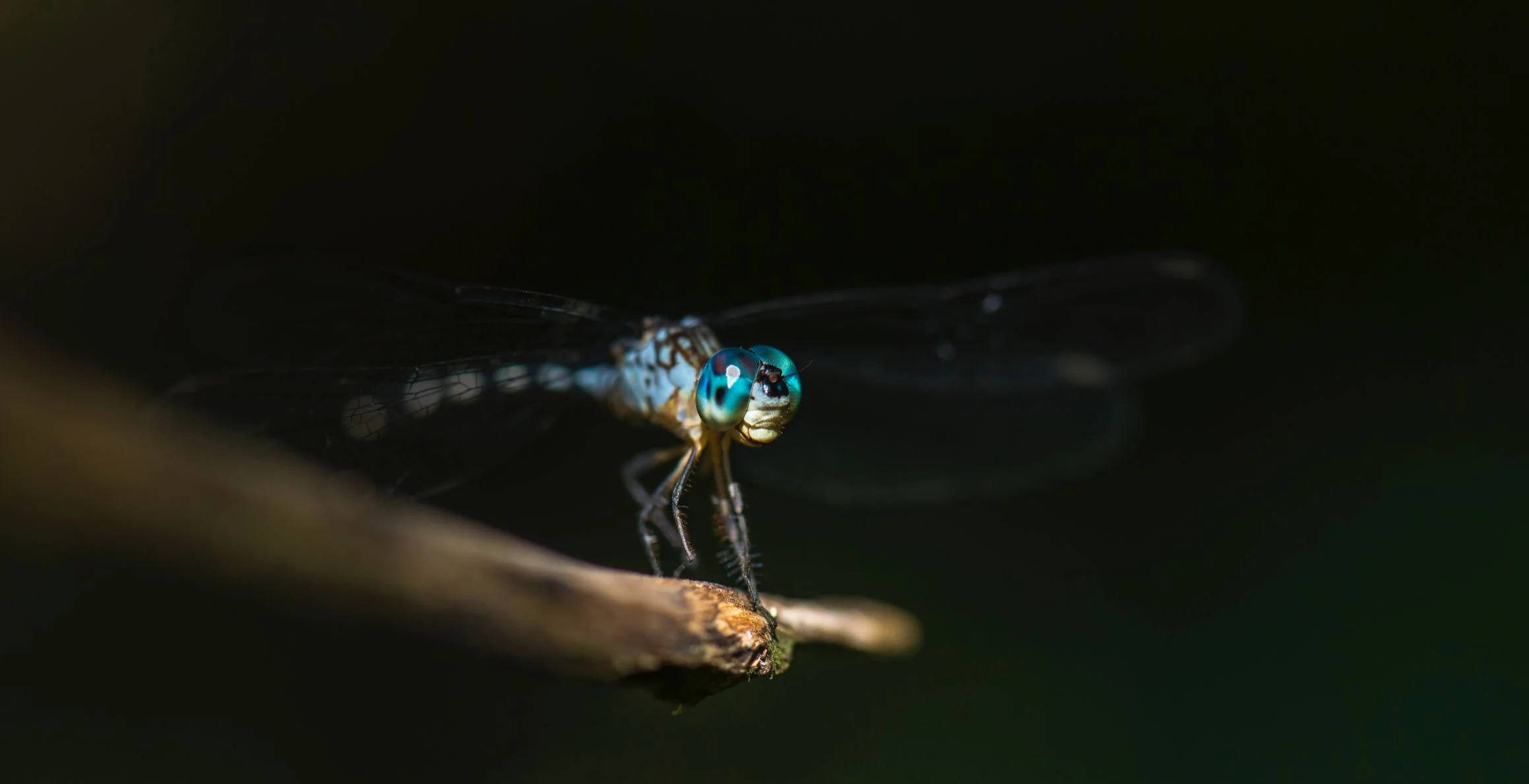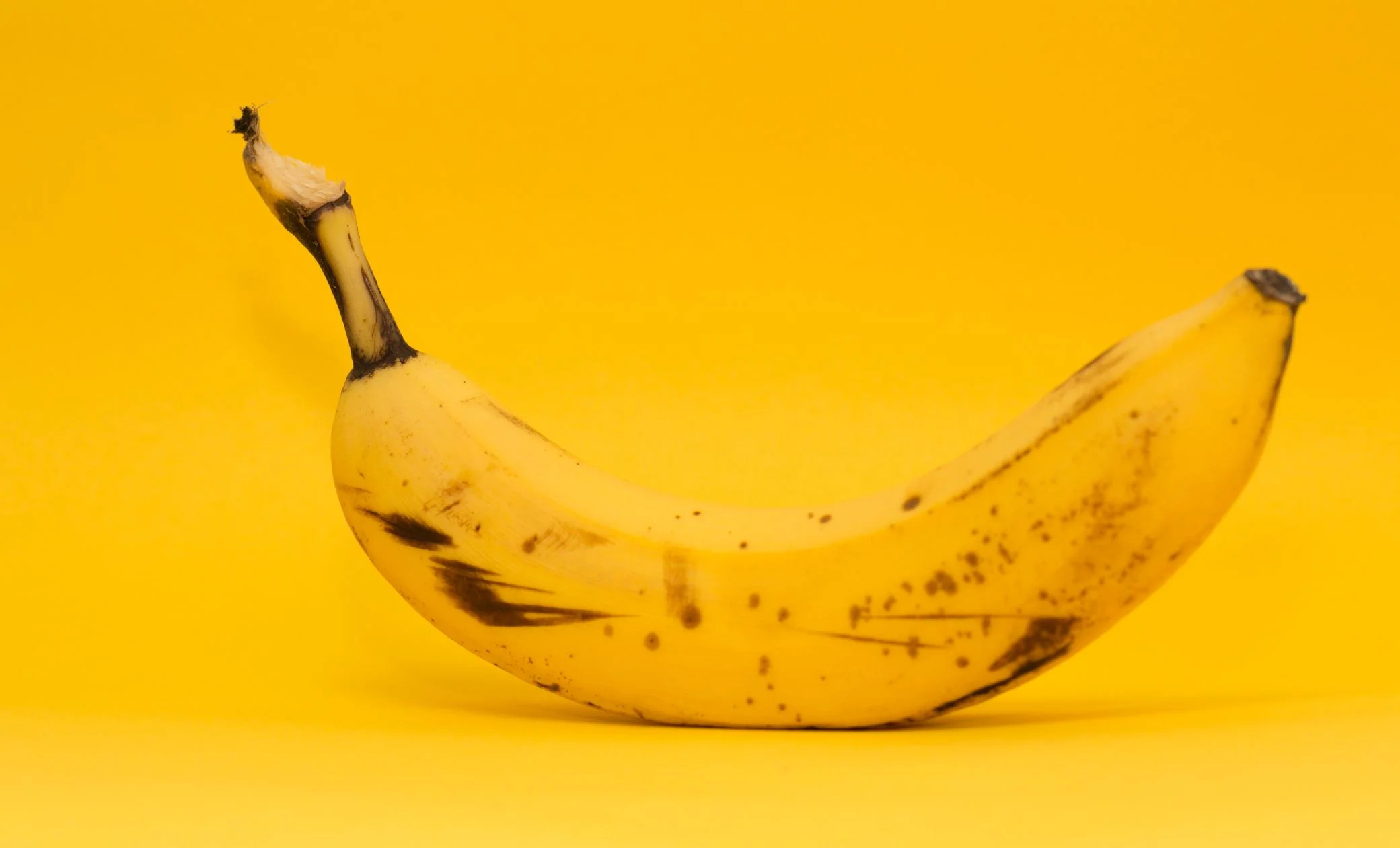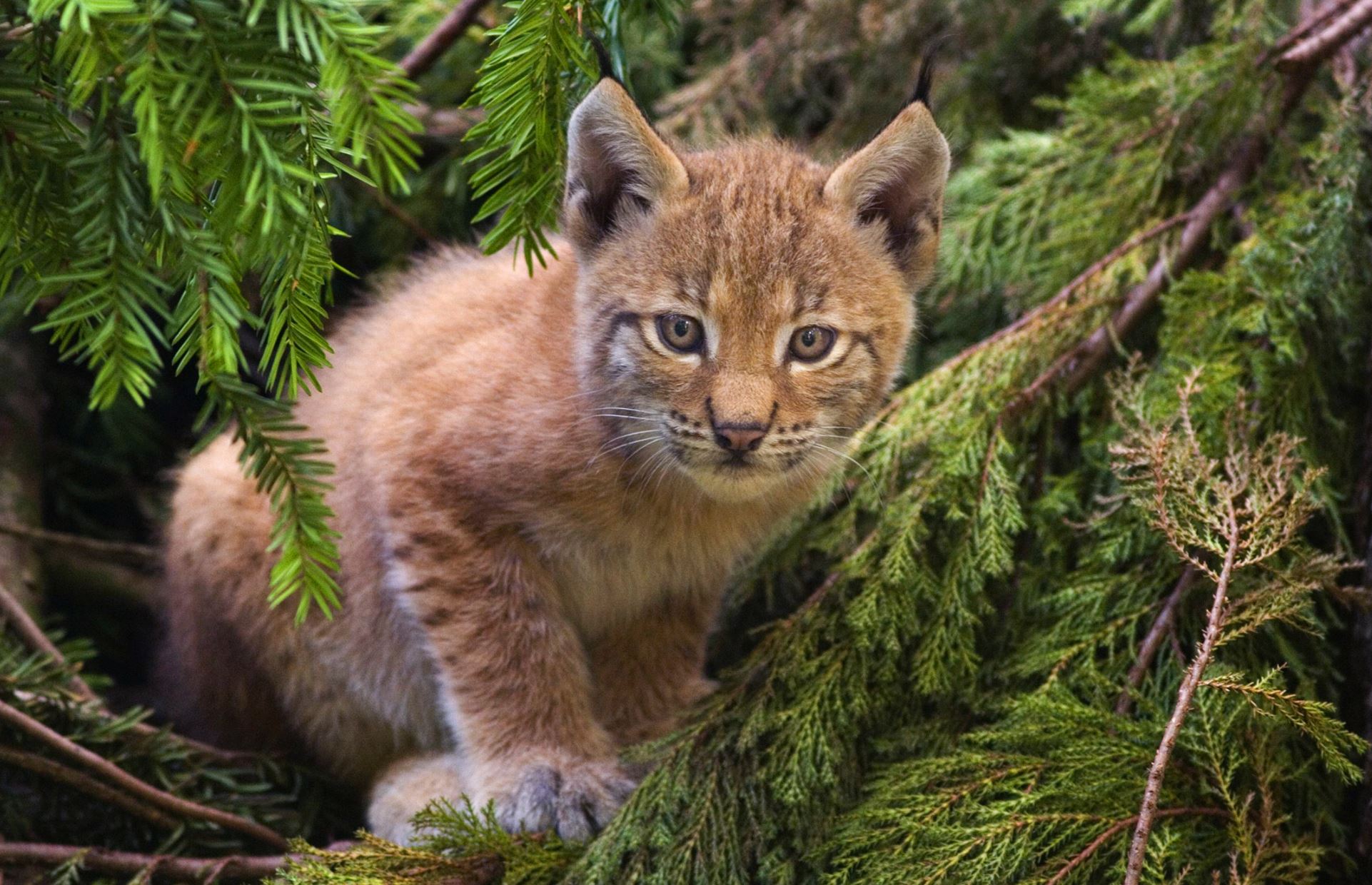Millions of people depend on bananas, but cultivation is very vulnerable to diseases and the effects of climate change. There is a need for new banana varieties that are more resistant to this.
Is an ‘insect apocalypse’ happening? How would we know?
What does vertical farming cost?
The quest to save the banana from extinction
Panama disease, an infection that ravages banana plants, has been sweeping across Asia, Australia, the Middle East and Africa. The impact has been devastating. In the Philippines alone, losses have totalled US$400m. And the disease threatens not only the livelihoods of everyone in this US$44 billion industry but also the 400m people in developing countries who depend on bananas for a substantial proportion of their calorie intake.
Want to save millions of migratory birds? Turn off your outdoor lights in spring and fall
Research provides a new scenario for the origin of complex life
How did complex life arise on Earth about two billion years ago? Research by an international team of scientists from Sweden, the United States, Australia and the Netherlands now provides a new perspective on the matter. In a study published this week in Nature Microbiology, the team presents a new model about the first complex cell types that make up plants, fungi, but also animals and people. They describe how complex cellular life forms developed in evolution through the metabolic integration of simpler cell types.
Eurasian lynx: how our computer model highlighted the best site for restoring this wild cat to Scotland
Though it can still be found in the forests of Europe, the Eurasian lynx has not been seen in the UK for more than 1,000 years. This medium-sized wild cat with its distinctive pointy ears was driven to extinction during the medieval period, thanks to low numbers of its preferred prey, roe deer, as well as a disappearing habitat and excessive hunting. But recently the Lynx UK Trust has argued strongly for its reintroduction.
















